Meghan Markle Talked Racism and Culpability: "In People’s Complacency They’re Complicit"
Meghan Markle and Prince Harry took part in a video call with leaders from the Queen’s Commonwealth Trust network, discussing racism, equality, and justice.
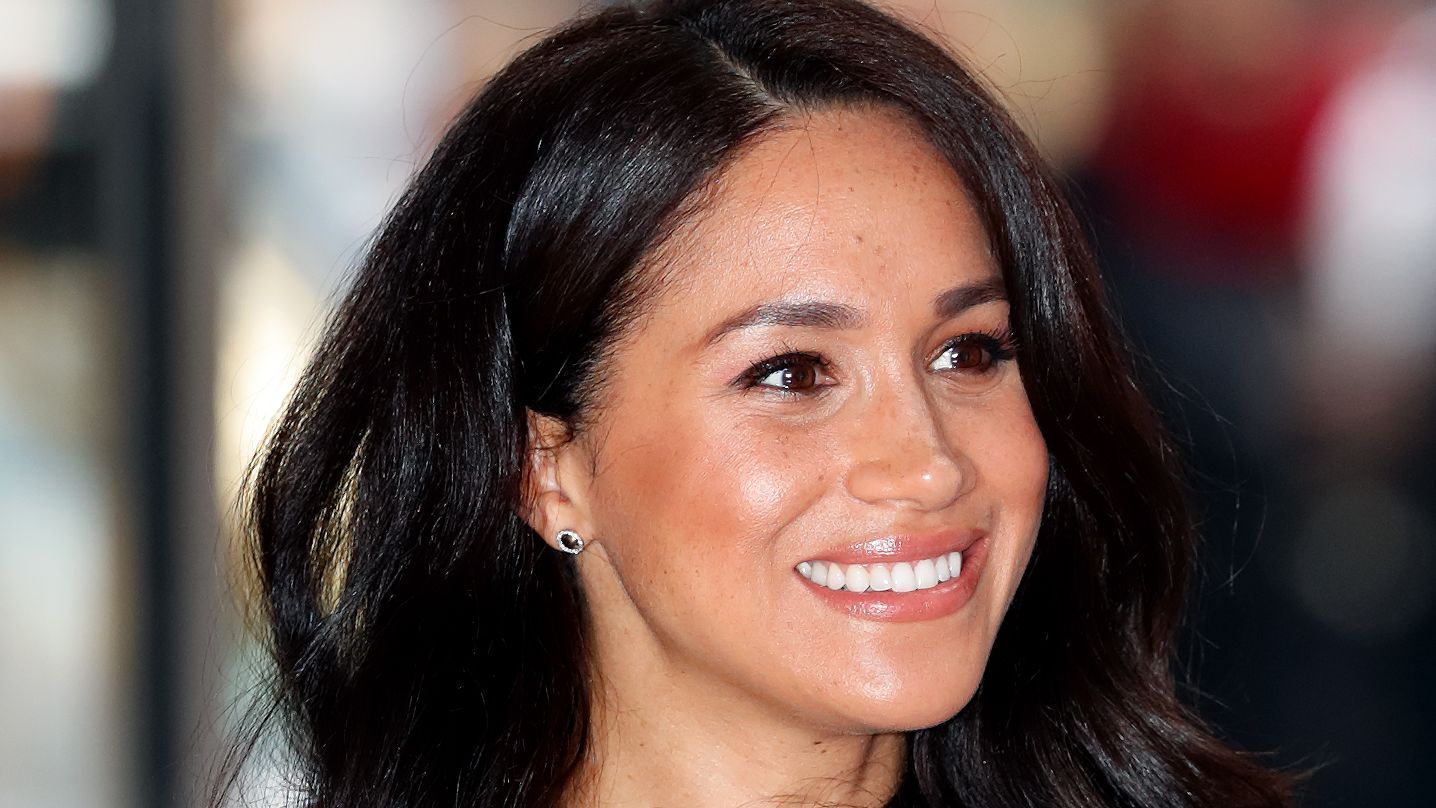
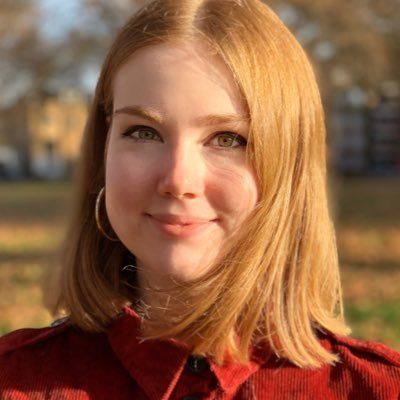
- Meghan Markle and Prince Harry took part in a video call with young leaders from the Queen’s Commonwealth Trust network last week, discussing racism, equality, and justice.
- The Duchess of Sussex spoke about passivity towards racism, saying, "In people’s complacency they’re complicit."
- "It’s in the quiet moments where racism and unconscious bias lies," Meghan said.
Meghan Markle spoke about complacency towards racism in a video call with Prince Harry and young leaders from the Queen's Commonwealth Trust network last week. The Duchess and Duke of Sussex discussed racism, equality, and justice, speaking with Chrisann Jarrett, co-CEO and co-founder of youth migrant charity We Belong, Alicia Wallace, director of Equality Bahamas, Mike Omoniyi, founder and CEO of The Common Sense Network, and Abdullahi Alim, Africa and Middle East leader for the World Economic Forum's Global Shapers Community.
"It’s not even in the big moments, it’s in the quiet moments where racism and unconscious bias lies, and it’s those nuances that makes it confusing for a lot of people to understand the role they play in that, either passively or actively," Meghan said, as the Independent reports. "In people’s complacency they’re complicit, and that, I think, is the shift that we’re seeing, to go 'it’s not enough to just be a bystander and say, "Well it wasn’t me."' And that is what I think has very much manifested in what you’re feeling from people’s outpouring surrounding the murder of George Floyd."
"It wasn’t that this wasn’t always happening, it’s that it’s come to a head at a time when people have just said 'enough.'"
A post shared by Queen's Commonwealth Trust (@queens_commonwealth_trust)
A photo posted by on
Alicia Wallace said, "Right now is such a powerful moment because we can combine the things that we know already and the things that we’re learning with the raw emotion that we’re feeling right now." Wallace added, "We each need to ask [ourselves] what is it that I’m willing to do right now, and how can I contribute to the change that we can no longer pretend is not necessary."
"We all need to be in this for the long run," Chrisann Jarrett said. "This is not a hashtag… It’s about being persistent with the demand that change must come and we’re not going to stop until it comes."
The conversation also turned to allyship, with Abdullahi Alim stressing, "In any situation, it is always best to allow implicated groups to determine what the best course of action is."
"After pressing send online, people need to roll up their sleeves and do the work," Mike Omoniyi said. "There’s a whole host of things that it means to be an ally but the impetus has to be humility, kindness and a willingness to learn new things."
Stay In The Know
Get exclusive access to fashion and beauty trends, hot-off-the-press celebrity news, and more.
Prince Harry nodded towards the viciously racist history of the British Empire, from which the Commonwealth evolved. "When you look across the Commonwealth, there is no way that we can move forward unless we acknowledge the past," he said. "So many people have done such an incredible job of acknowledging the past and trying to right those wrongs, but I think we all acknowledge there is so much more still to do."
"It’s not going to be easy and in some cases it’s not going to be comfortable, but it needs to be done," he added.
"We’re going to have to be a little uncomfortable right now, because it’s only in pushing through that discomfort that we get to the other side of this and find the place where a high tide raises all ships," Meghan said. "Equality does not put anyone on the back foot, it puts us all on the same footing, which is a fundamental human right."
For more stories like this, including celebrity news, beauty and fashion advice, savvy political commentary, and fascinating features, sign up for the Marie Claire newsletter.
RELATED STORIES



Emily Dixon is a British journalist who’s contributed to CNN, Teen Vogue, Time, Glamour, The Guardian, Wonderland, The Big Roundtable, Bust, and more, on everything from mental health to fashion to political activism to feminist zine collectives. She’s also a committed Beyoncé, Kacey Musgraves, and Tracee Ellis Ross fan, an enthusiastic but terrible ballet dancer, and a proud Geordie lass.
-
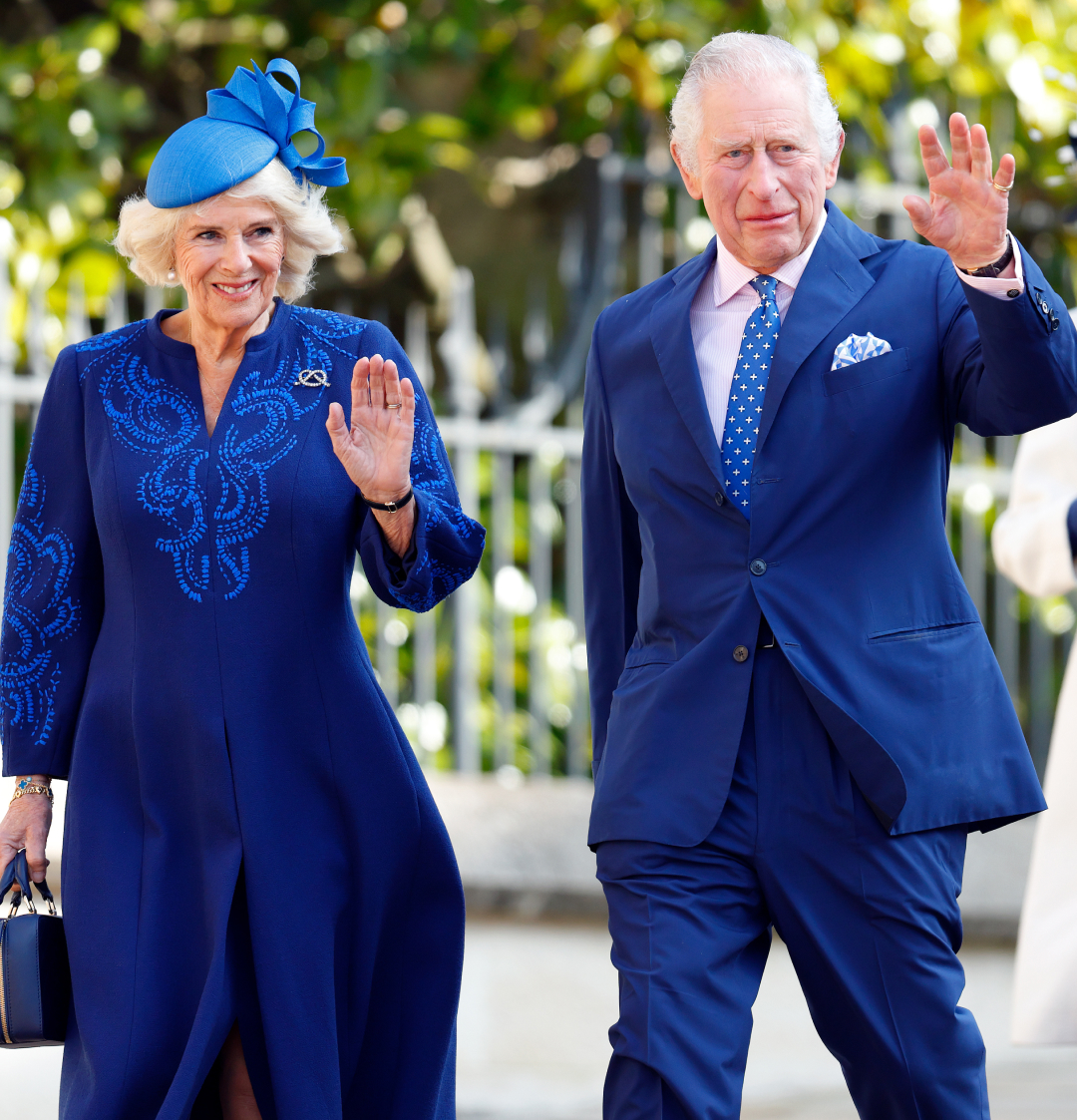 Former Royal Chef and Butler Reveal How King Charles and Family Celebrate Easter, From "Beautiful" Gifts to a Lavish Lunch
Former Royal Chef and Butler Reveal How King Charles and Family Celebrate Easter, From "Beautiful" Gifts to a Lavish LunchThe Royal Family does Easter in style.
By Kristin Contino
-
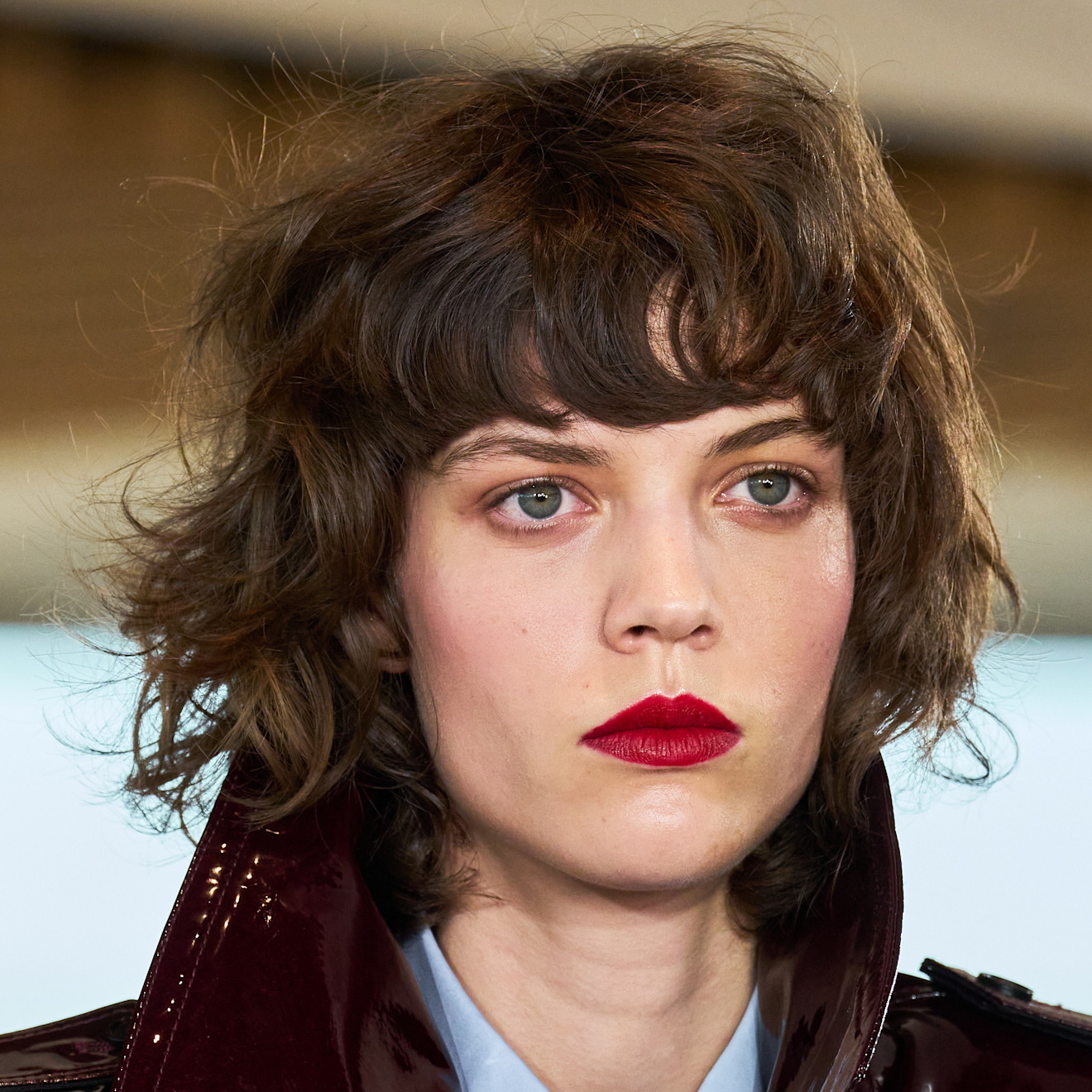 Meet the Blush Palettes That Basically Flirt for You
Meet the Blush Palettes That Basically Flirt for YouFor that just-got-caught-staring flush.
By Ariel Baker
-
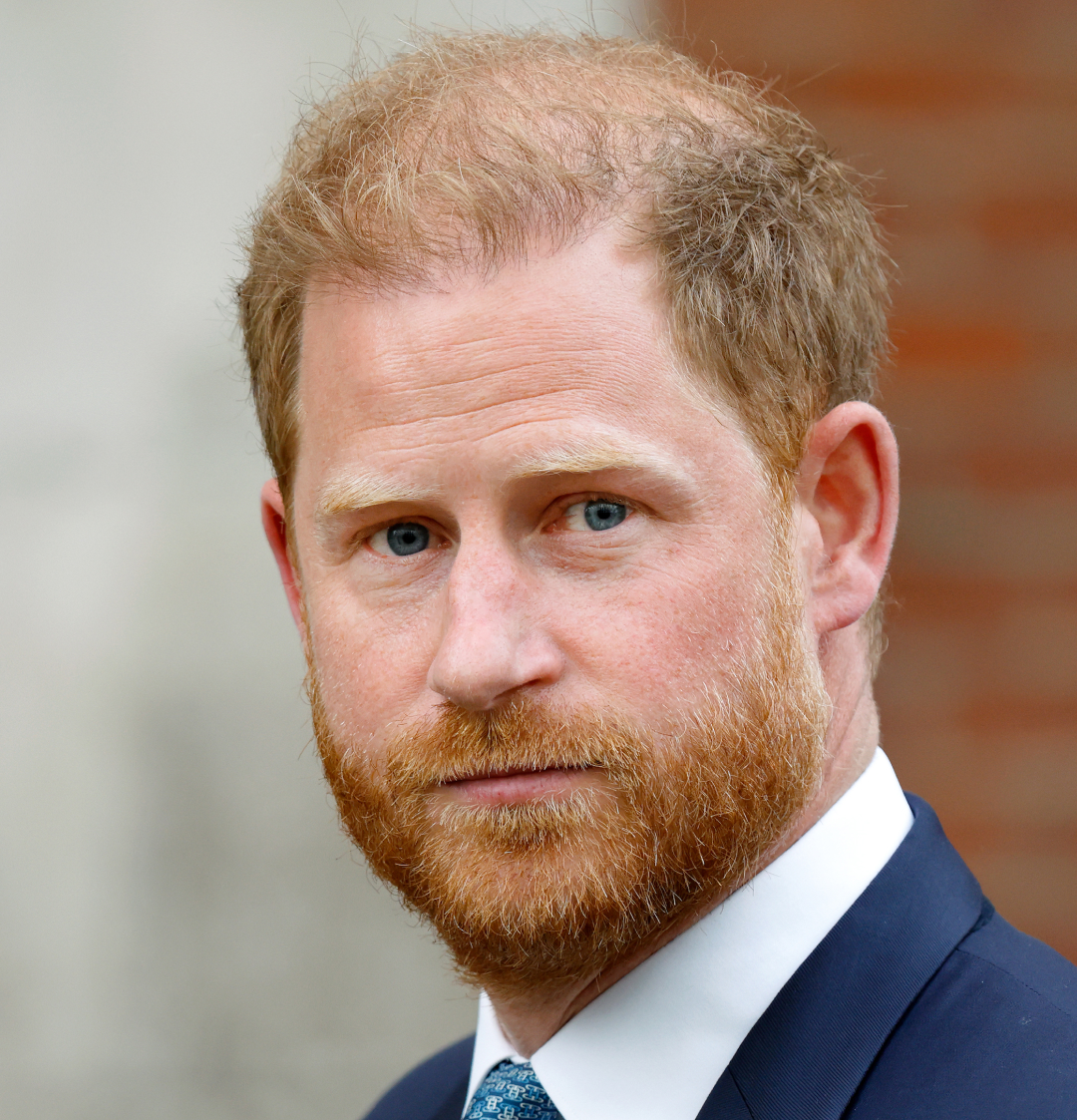 Court Documents Reveal Prince Harry Was Targeted by Terrorists
Court Documents Reveal Prince Harry Was Targeted by TerroristsBritain's Home Office released new details about a terrorist threat that targeted the Duke of Sussex.
By Kristin Contino
-
 Prince Harry Requested "Certain Protection" After Receiving a Shocking Threat Against His Life
Prince Harry Requested "Certain Protection" After Receiving a Shocking Threat Against His LifeBritain's Home Office released new details about a terrorist threat that targeted the Duke of Sussex.
By Kristin Contino
-
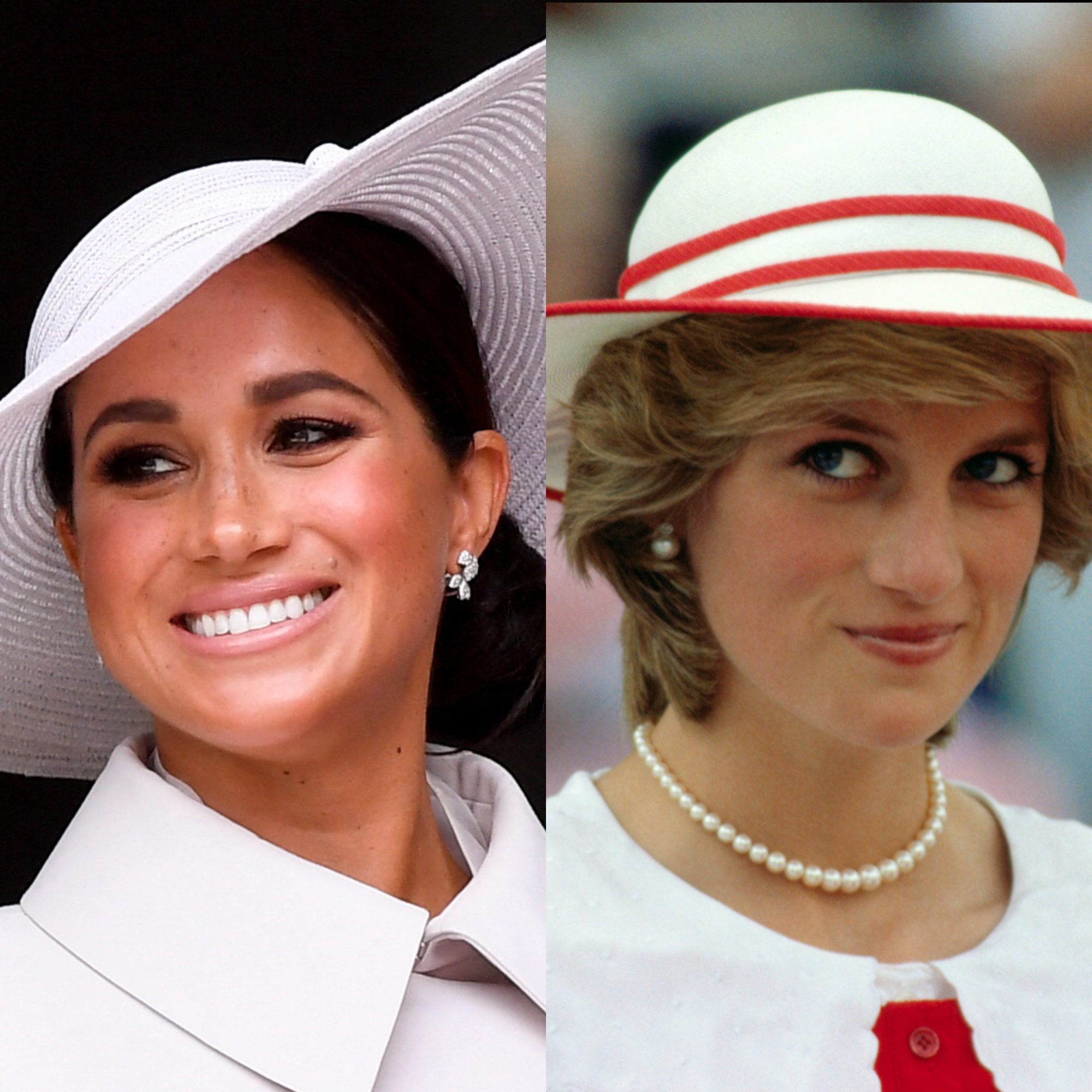 Princess Diana's Close Friend Reveals What She Likely Would Have Thought About Meghan Markle
Princess Diana's Close Friend Reveals What She Likely Would Have Thought About Meghan MarkleRichard Kay shared insights on the late royal and what her relationship with Prince Harry's wife could've been like.
By Kristin Contino
-
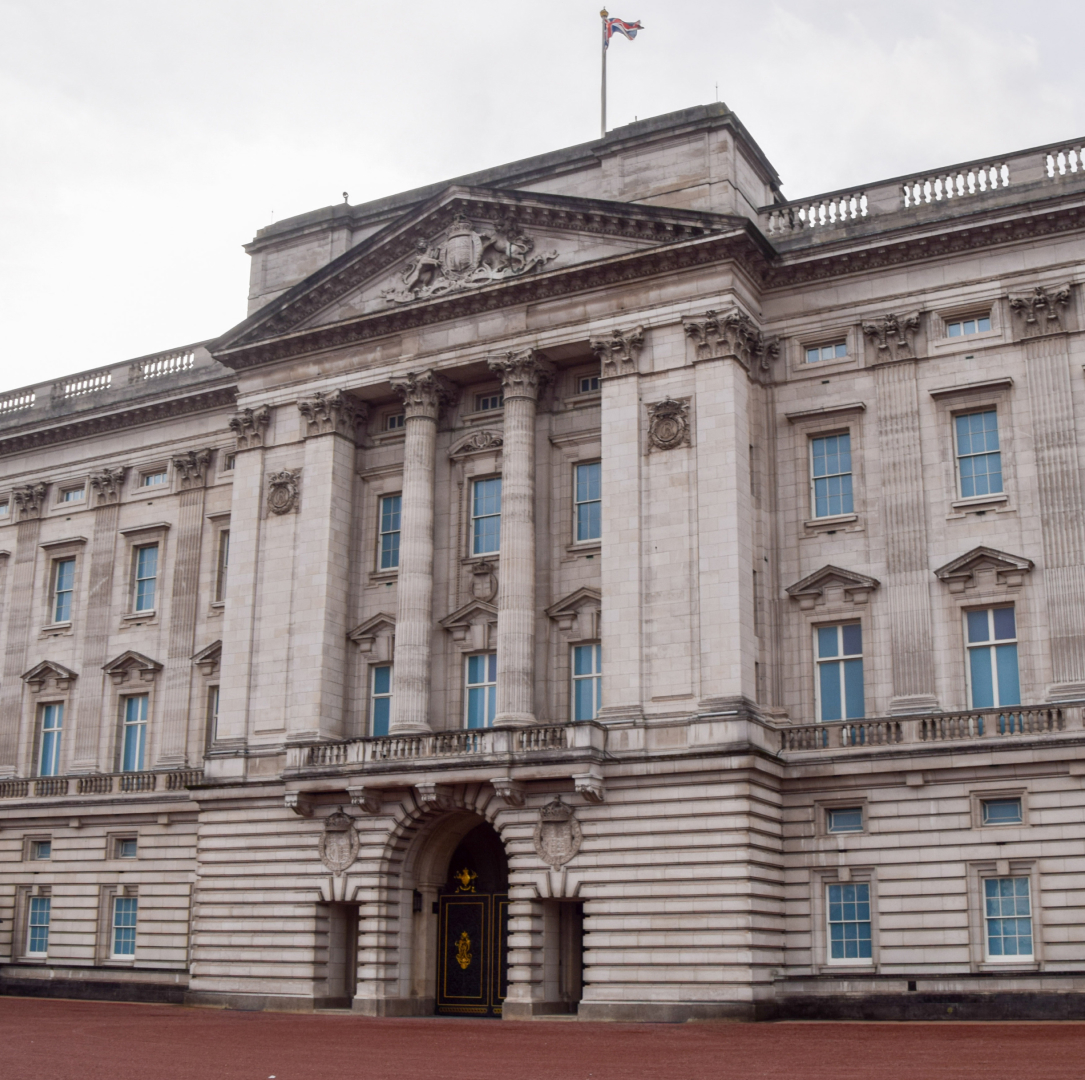 This Royal Couple Has the Most Pinned Celebrity Wedding of All Time—And a Surprising Royal Wedding Didn't Even Make The List
This Royal Couple Has the Most Pinned Celebrity Wedding of All Time—And a Surprising Royal Wedding Didn't Even Make The ListA new study found this ceremony gave Pinterest users the most inspiration.
By Kristin Contino
-
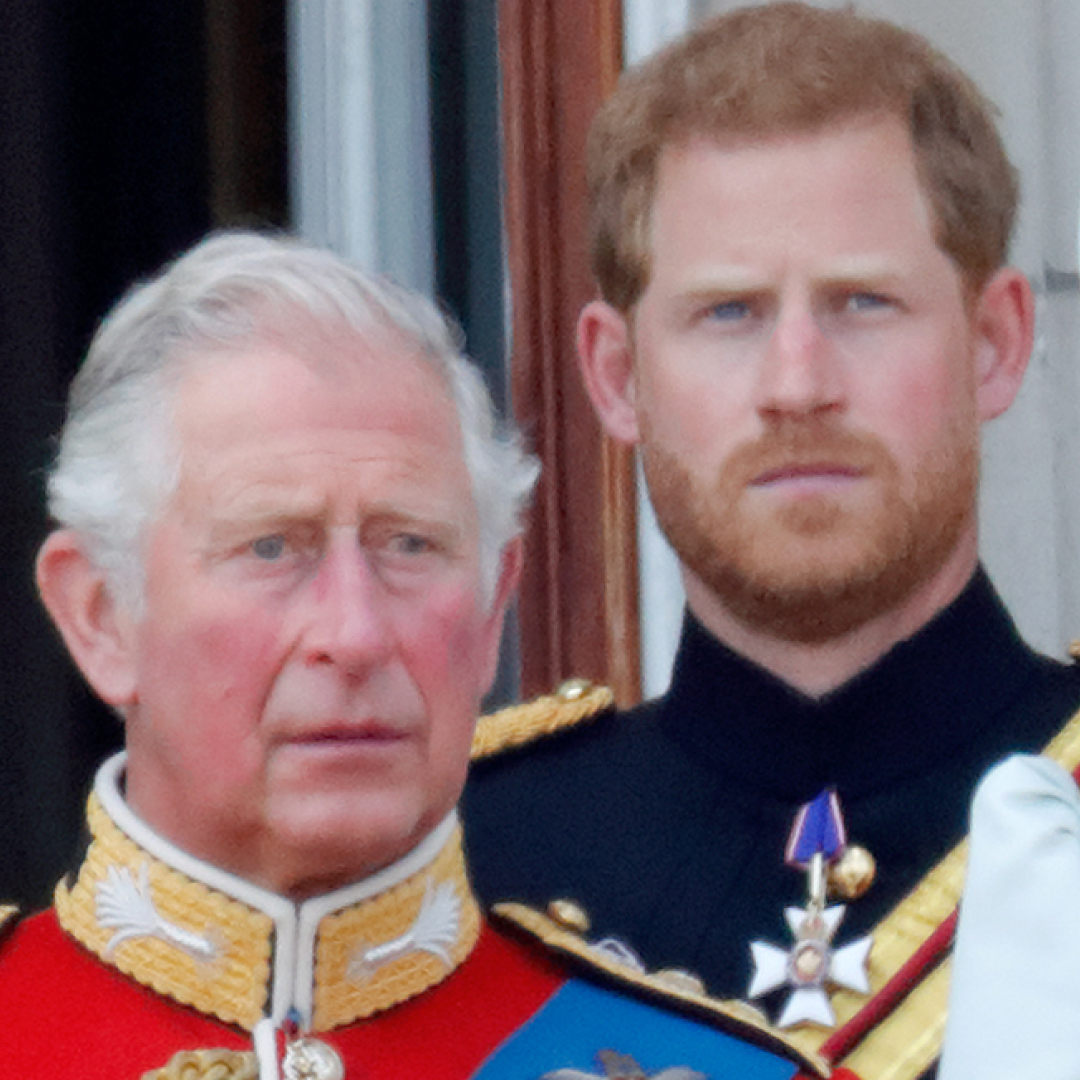 Royal Sources Give Update on "Distant" Relationship With Prince Harry and King Charles
Royal Sources Give Update on "Distant" Relationship With Prince Harry and King CharlesInsiders close to the Duke of Sussex have revealed whether there is a chance at reconciliation in the near future.
By Kristin Contino
-
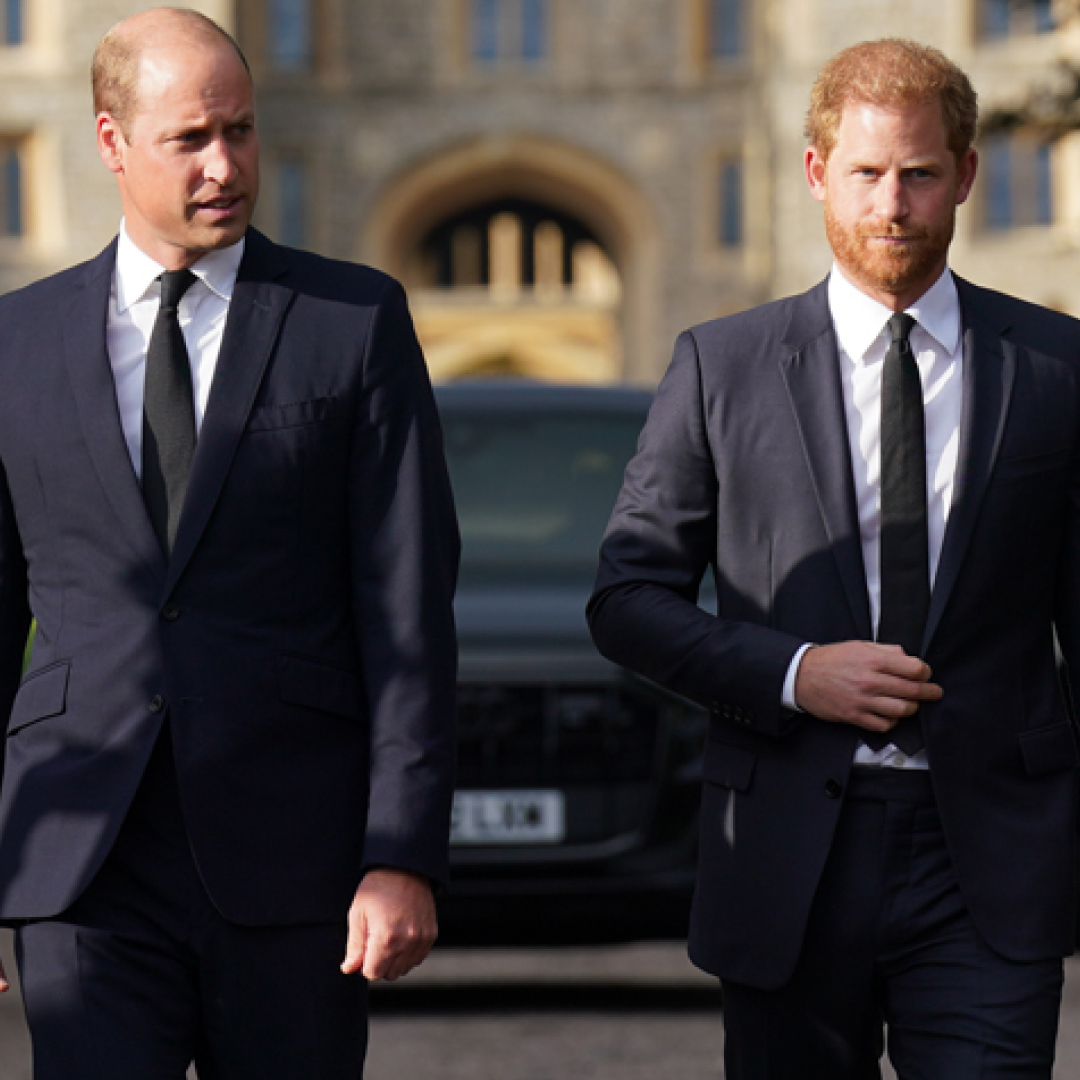 The Alleged "Olive Branch" Prince Harry Offered to Kate Middleton and Prince William During U.K. Visit
The Alleged "Olive Branch" Prince Harry Offered to Kate Middleton and Prince William During U.K. VisitThe Duke of Sussex's decision was reportedly an effort "to make peace."
By Amy Mackelden
-
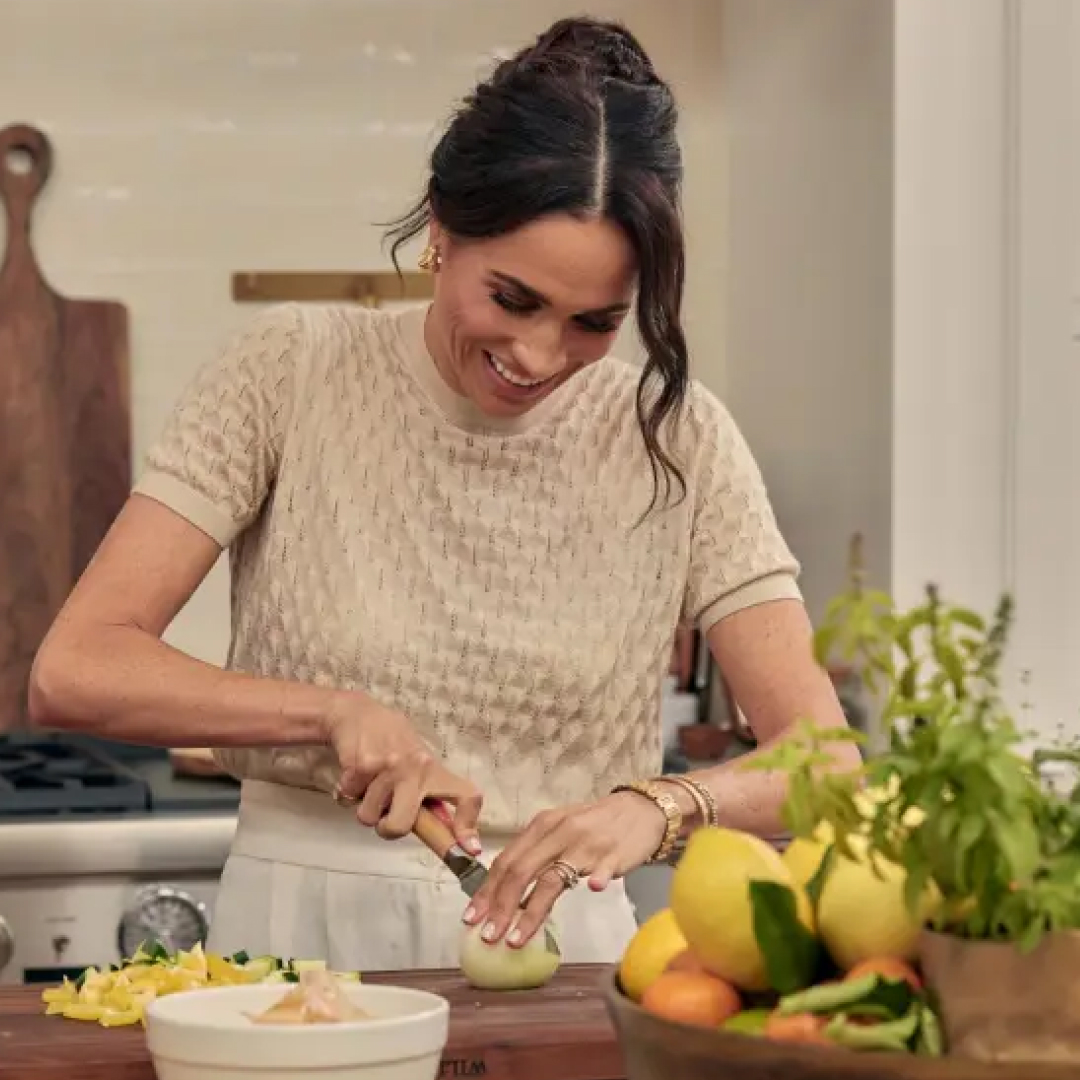 We Taste-Tested Meghan Markle’s As Ever Jam, Honey and Flower Sprinkles—One Word Kept Coming Up
We Taste-Tested Meghan Markle’s As Ever Jam, Honey and Flower Sprinkles—One Word Kept Coming UpWomen across America gave 'Marie Claire' their thoughts on the Duchess of Sussex's first seasonal drop of products.
By Kristin Contino
-
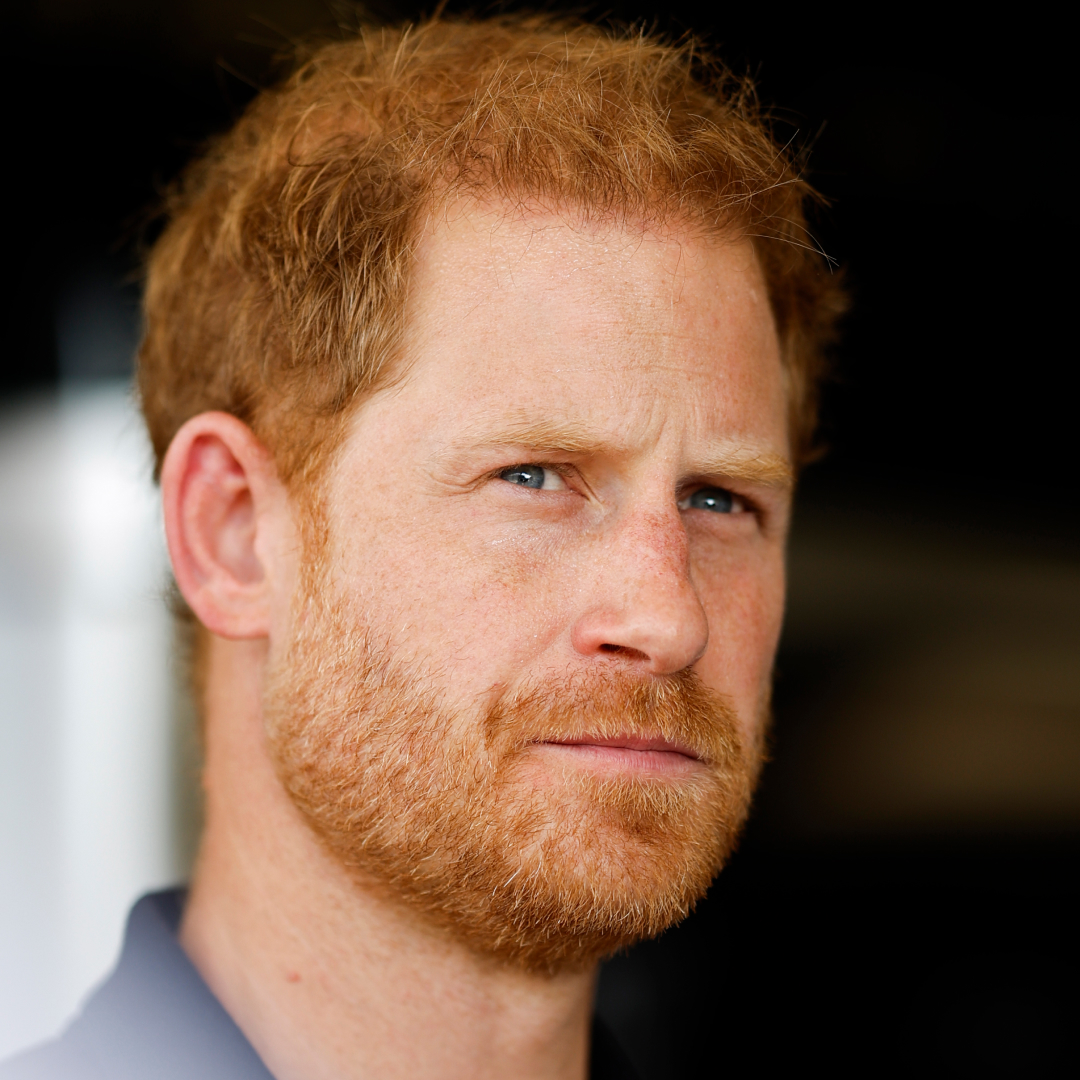 The Special Gift Princess Lilibet Received From "Papa" Prince Harry in Meghan Markle's Latest Instagram Post
The Special Gift Princess Lilibet Received From "Papa" Prince Harry in Meghan Markle's Latest Instagram Post"Made with love."
By Amy Mackelden
-
 Royal Expert Shares Why King Charles Had to Be "Very Careful" and "Couldn't" Meet Prince Harry During U.K. Visit
Royal Expert Shares Why King Charles Had to Be "Very Careful" and "Couldn't" Meet Prince Harry During U.K. Visit"It could actually bring down a court case."
By Amy Mackelden
